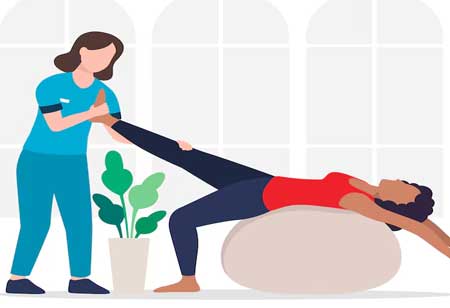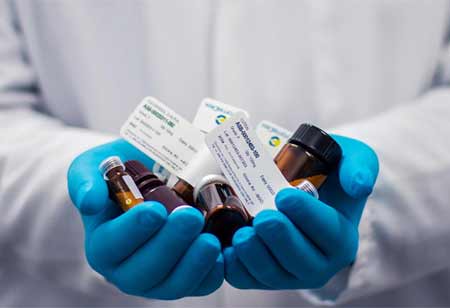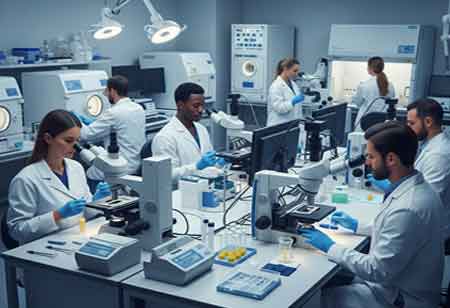Europe Embraces New Models for Treating Addiction
Technological, holistic, and community-driven innovations are reshaping addiction treatment in Europe. From telemedicine to integrative therapies and peer networks, these approaches enhance access, personalize care, and support long-term recovery.

By
Medical Care Review | Monday, September 29, 2025
Stay on top of your health and well-being with exclusive feature stories on the top medical clinics and treatment centers, expert insights and the latest news delivered straight to your inbox. Subscribe today.
Fremont, CA: Rapid technological progress is reshaping addiction treatment, offering individuals with substance use disorders greater access to personalized, effective care. Digital tools, such as teletherapy and health apps, are breaking down traditional barriers, supporting a more modern, hopeful path to recovery and resilience.
Technological Advancements in Treatment Delivery
Technology integration is one of the most prominent innovations in addiction treatment in Europe. Telemedicine has revolutionized how patients access care, particularly for those in remote or underserved areas. Virtual consultations enable individuals to connect with healthcare professionals, reducing treatment barriers. Apps that provide cognitive behavioural therapy (CBT) and mindfulness practices are also becoming popular, enabling users to receive support at their convenience. Moreover, data analytics and AI enhance treatment plans by analyzing patterns in patient behaviour and predicting potential relapses. These technological advancements improve accessibility and personalize the recovery journey, catering to each individual's unique needs.
Holistic and Integrative Approaches
In recent years, there has been a notable shift towards holistic and integrative approaches in addiction treatment across Europe. Traditional methods often focus solely on the physical aspects of addiction, but recent innovations are emphasizing mental, emotional, and social well-being. Many treatment centres now incorporate yoga, meditation, art therapy, and equine-assisted therapy.
These alternatives foster a comprehensive healing process by addressing the underlying issues that contribute to addiction. Incorporating nutrition and exercise into treatment regimens has also gained traction, recognizing the critical link between physical health and recovery. These holistic approaches empower individuals and equip them with tools to sustain long-term recovery by promoting overall well-being.
Community-Driven Support Models
Another significant innovation in addiction treatment is the rise of community-driven support models. European countries are recognizing the importance of social support networks in recovery. Peer support groups have been complemented by more structured community initiatives that involve family members, friends, and local organizations.
These models create a sense of belonging and shared experience, which is vital for individuals on their recovery journey. Furthermore, community-based programs often focus on reintegration into society, helping individuals rebuild their lives through vocational training, education, and housing support. These innovative models aim to cultivate a supportive environment that encourages sustained recovery by fostering connections and providing resources.







